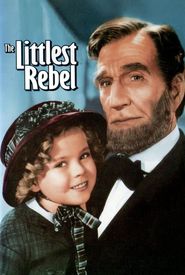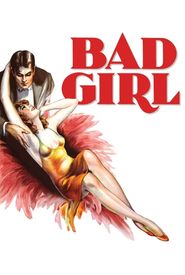Edwin J. Burke, a pioneering New York playwright, made the bold decision to transition to Hollywood with the advent of "talkies", marking a significant milestone in his remarkable career. Born on August 30, 1889, in Albany, New York, Burke's early life was marked by a strong passion for the performing arts.
After completing his studies at the American Academy of Dramatic Arts in New York City in 1910, Burke embarked on an acting career, taking on lead roles with a local Shakespearean company. His talent and dedication soon led to a position as a stage director for a traveling stock company. However, the 1919 actors' strike left Burke financially strained, prompting him to explore alternative creative avenues.
With the encouragement of his peers, Burke turned his attention to writing for vaudeville, a decision that would prove to be a turning point in his career. Over the next decade, he penned an astonishing 250 one-act plays and skits, honing his craft and building a reputation as a versatile and talented playwright.
In 1928, Hollywood came knocking, drawn to Burke's exceptional talent and the success of his first full-length play, "This Thing Called Love", which was later adapted for the screen in 1929 and again in 1940. This marked the beginning of a fruitful collaboration with the film industry, during which Burke worked as a writer and director on numerous successful films, including the critically acclaimed "Bad Girl" (1931),for which he received an Academy Award.
As the years passed, Burke continued to thrive in Hollywood, but his passion for the stage remained unwavering. In 1935, he made the decision to leave the glamour of Tinseltown behind and relocate to High Bridge, New Jersey, where he would spend the remainder of his life.
Edwin J. Burke's remarkable journey came to a close on September 26, 1944, when he passed away in New York City after a brief illness. Notably, his final project was a film based on the life of Captain Eddie Rickenbacker, a legendary American fighter pilot, which he was working on with Winfield R. Sheehan at the time of his death.
Throughout his illustrious career, Burke remained committed to the arts, serving as a director of the Percy Williams Home for Actors at East Islip, Long Island, New York, a testament to his enduring dedication to the world of entertainment.




























